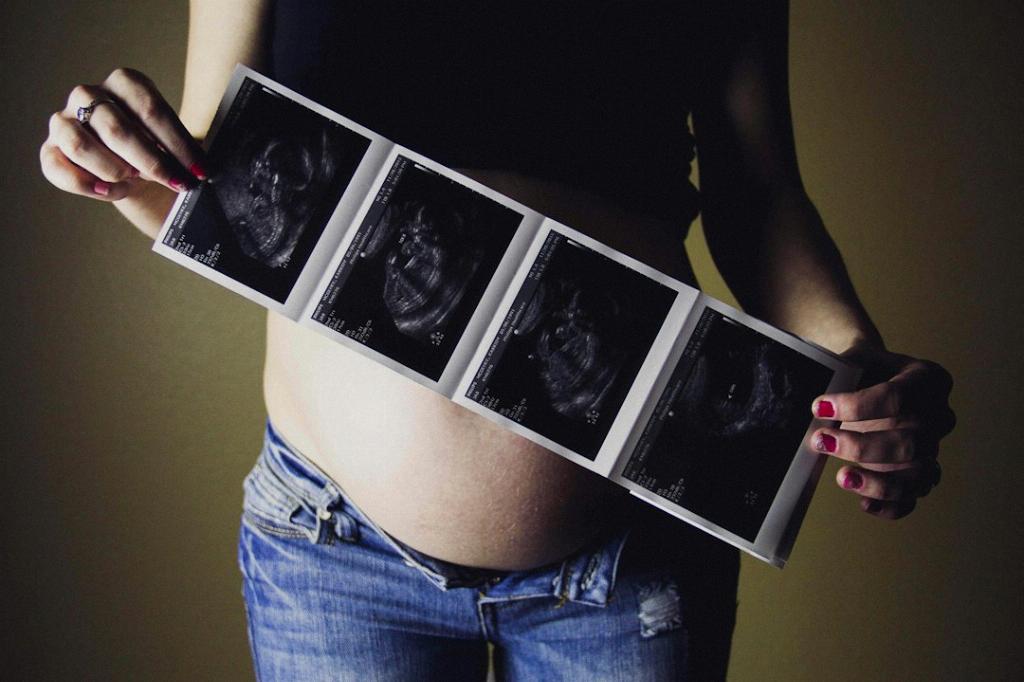Group B Streptococcus (GBS) is a common bacteria that can be found in the intestines and genital tract of individuals. While it is usually harmless in adults, it can pose serious risks during pregnancy, particularly for the mother and the baby. In pregnant individuals, GBS infections can potentially lead to complications such as preterm labor and stillbirth.
One of the most concerning aspects of Group B Strep in pregnancy is its ability to be transmitted from the mother to the baby. If a pregnant person carries GBS, there is a risk of passing on the bacteria to the newborn during labor and delivery. This can result in the baby becoming infected with GBS, which can have severe implications for their health and well-being.
For newborns who contract GBS, the consequences can be grave. GBS infection in infants can lead to serious conditions such as pneumonia, sepsis, and meningitis. These conditions can be life-threatening and may result in long-term health issues or even death if not promptly diagnosed and treated.
It is important for pregnant individuals to be aware of the risks associated with Group B Strep and to take proactive measures to prevent its transmission to their babies. Testing for GBS during pregnancy, particularly between 35 to 37 weeks gestation, allows healthcare providers to identify carriers and take necessary precautions to reduce the likelihood of transmission during labor and delivery.
Antibiotic prophylaxis is commonly recommended for individuals who test positive for GBS during pregnancy. Administering antibiotics during labor can significantly reduce the risk of GBS transmission to the baby and lower the chances of serious complications arising from GBS infection in newborns.
It is crucial for healthcare providers to educate pregnant individuals about the risks associated with Group B Strep and the importance of timely testing and treatment. By raising awareness and promoting preventive measures, we can work towards minimizing the impact of GBS infections during pregnancy and ensuring the safety and well-being of both the mother and the baby.
In conclusion, Group B Strep in pregnancy is a serious concern that requires careful attention and proactive management. Understanding the risks associated with GBS infections during pregnancy and taking appropriate steps to prevent transmission can help mitigate potential complications and safeguard the health of both the mother and the newborn.

